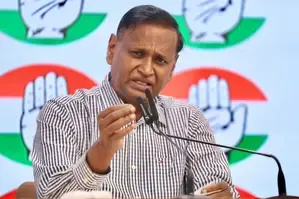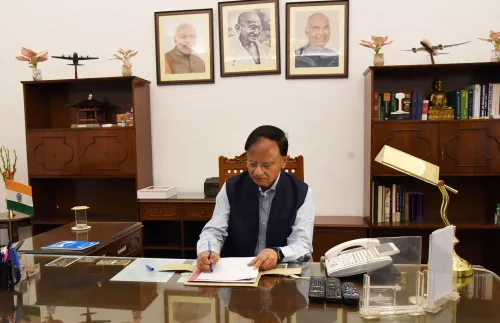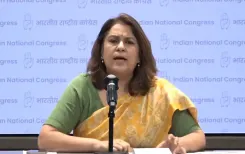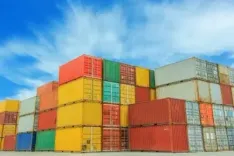What is the newly approved Tex-RAMPS scheme to enhance India's textile sector?

Synopsis
Key Takeaways
- Tex-RAMPS scheme approved to enhance India's textile sector.
- Total budget of Rs 305 crore allocated.
- Focus on smart textiles, sustainability, and innovation.
- Real-time data platform to aid decision-making.
- Collaboration between states, industry, and academia encouraged.
New Delhi, Nov 27 (NationPress) On Thursday, the government sanctioned a pioneering initiative known as the Tex-RAMPS scheme, aimed at bolstering research, innovation, and competitiveness within India’s textile sector. This scheme has a total budget allocation of Rs 305 crore and is set to operate from FY2025-26 to FY2030-31.
As a fully funded Central Sector Scheme, it will be overseen by the Ministry of Textiles.
Union Textiles Minister Giriraj Singh announced that the Tex-RAMPS initiative is designed to integrate research, data, and innovation, positioning India as a global frontrunner in sustainable and technology-driven textiles.
“This initiative aims to enhance the textiles and apparel ecosystem by addressing gaps in research, data systems, innovation support, and capacity building,” the Minister stated.
Through Tex-RAMPS, the government intends to stimulate advanced research in vital areas such as smart textiles, sustainability, process optimization, and emerging technologies.
The Ministry of Textiles emphasized the promotion of cutting-edge research to elevate India’s innovation capabilities.
Moreover, the scheme seeks to enhance data and analytics infrastructures by creating tools for employment assessments, supply-chain mapping, and the India-Size study, thereby facilitating more informed policymaking.
A significant aspect of the scheme includes the establishment of the Integrated Textiles Statistical System, a real-time platform that supports structured monitoring and strategic decision-making.
“A real-time, integrated data and analytics platform will aid in structured monitoring and strategic decision-making,” the ministry highlighted.
Tex-RAMPS will also foster state-level planning, capacity development workshops, and the exchange of best practices throughout the sector.
Additionally, the scheme will promote innovation and entrepreneurship by backing textile start-ups, incubators, hackathons, and collaborations between academia and industry.
The government anticipates that Tex-RAMPS will enhance India’s global competitiveness, fortify its research and innovation framework, improve data-driven policymaking, and generate additional employment opportunities.
This initiative is also expected to strengthen cooperation among states, industry, academic institutions, and governmental bodies.









